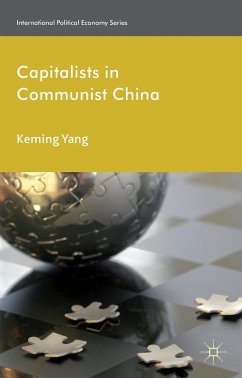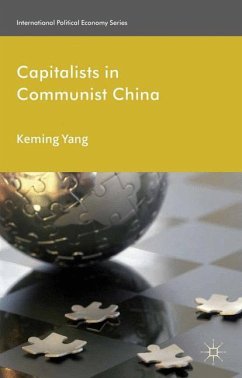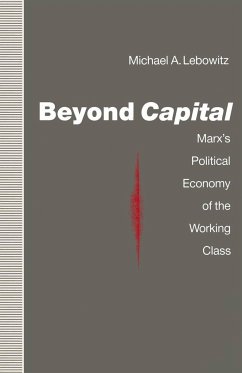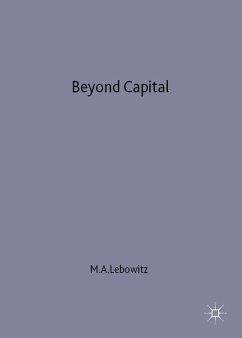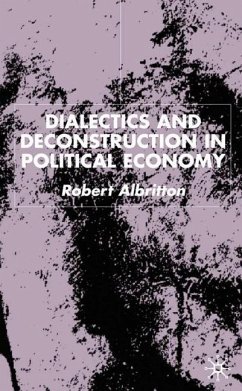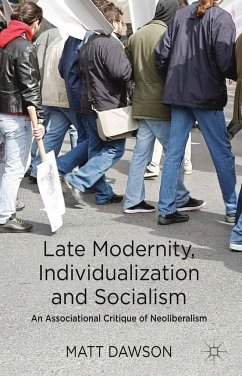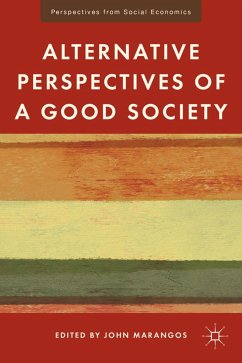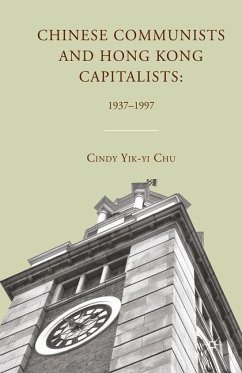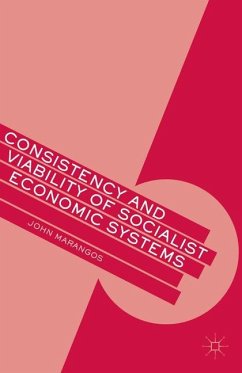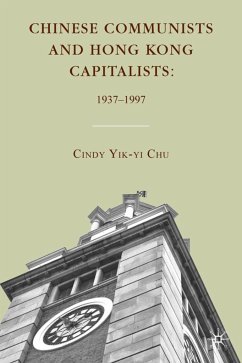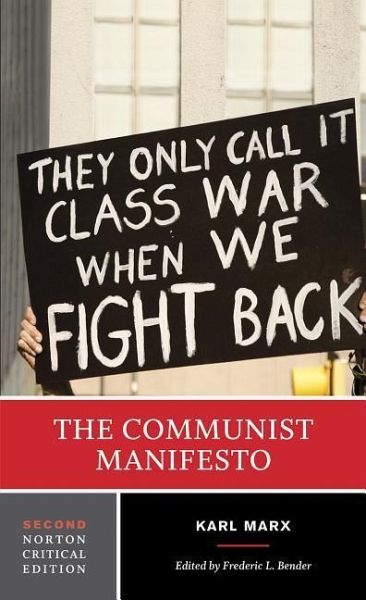
The Communist Manifesto
A Norton Critical Edition
Herausgeber: Bender, Frederic L
Versandkostenfrei!
Sofort lieferbar
11,99 €
inkl. MwSt.

PAYBACK Punkte
6 °P sammeln!
Simultaneously extolled in its day as truth incarnate and the inspiration for a life-and-death struggle for humankind's liberation and condemned as the vilest of propaganda on behalf of despotism, the Communist Manifesto continues to be the most potent literary symbol of the struggle over the form and content of freedom. This revised Norton Critical Edition provides students with the best documentation and scholarship with which to appreciate the Communist Manifesto's complexities, context, and legacy of controversy. The Second Edition interprets the Manifesto in relation to the dominance of g...
Simultaneously extolled in its day as truth incarnate and the inspiration for a life-and-death struggle for humankind's liberation and condemned as the vilest of propaganda on behalf of despotism, the Communist Manifesto continues to be the most potent literary symbol of the struggle over the form and content of freedom. This revised Norton Critical Edition provides students with the best documentation and scholarship with which to appreciate the Communist Manifesto's complexities, context, and legacy of controversy. The Second Edition interprets the Manifesto in relation to the dominance of globalized financial capital, socialist feminist critique, postmodernism, and the fragmentation/transformation of the global working class in the twenty-first century. The volume includes a carefully annotated text of the Communist Manifesto, the editor's historical and philosophical introduction, and a chronology of historical events surrounding publication of the Manifesto. Fifteen seminal interpretations-eight of them new to the Second Edition-have been collected. New contributions include Lucien Laurat on the Manifesto's sociological standpoint as adapted to the modernization of the mid-twentieth century; Wendy Lynne Lee's assessment of the Manifesto's key concepts, metaphors, and arguments from a radical-feminist perspective; the article that served as the basis for Empire, Michael Hardt and Antonio Negri's important postmodernist adaptation of the Manifesto for twenty-first century conditions; and noteworthy responses to Hardt and Negri's arguments by Slavoj Zizek and by Taki Fotopoulos and Alexandros Gezerlis. A Selected Bibliography and Index are also included.



